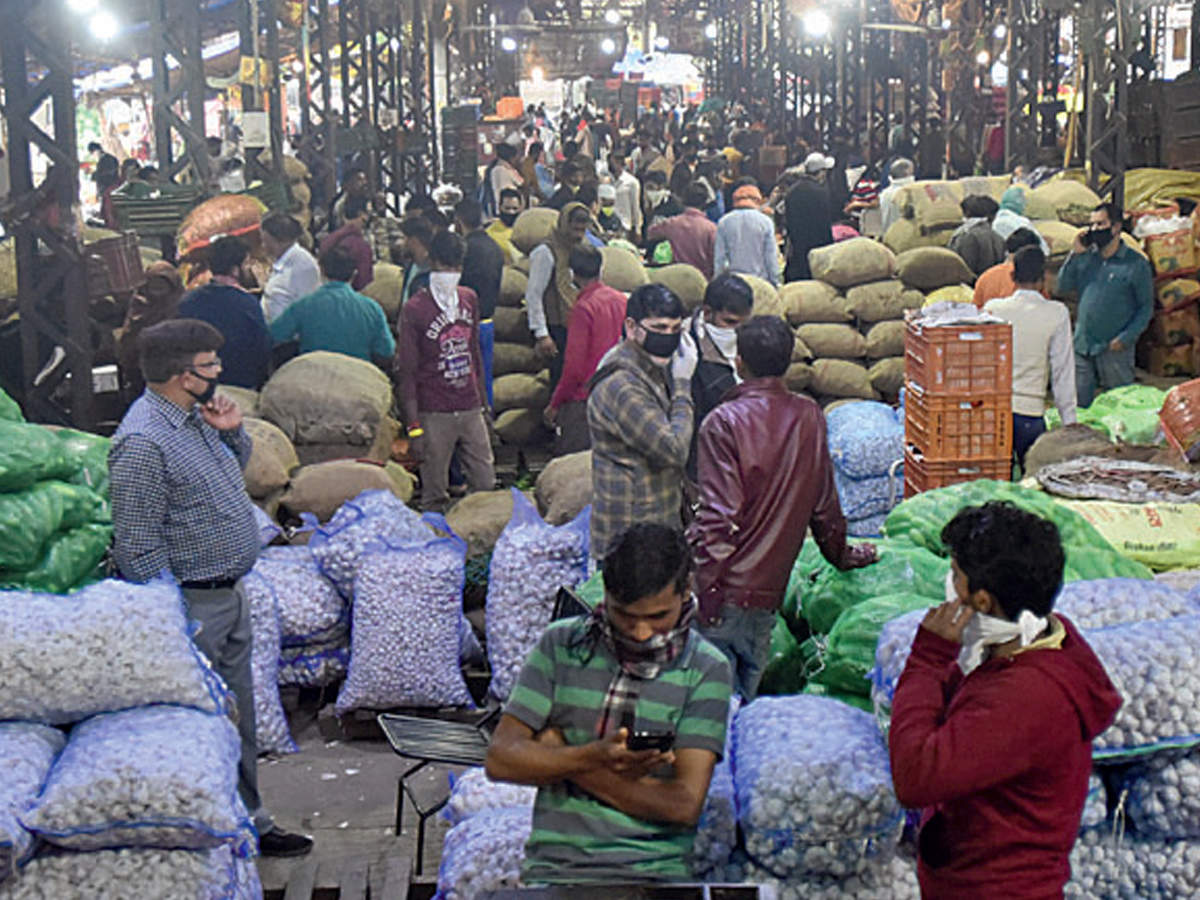“Farming is a profession of hope”.
Brett Brian
In Indian scenario that saying becomes a little more valuable. Indian farmer has a lot to hope from its government because of various factors effecting socio-economic condition of farmers. Every year farmers hope for better MSP rate, good subsidy offers and a satisfactory infrastructure to support the crops.
The Government announces eye catching packages for the Agriculture sector every year but most of the times policies remain on papers.
Now the government has came up with the idea to open up the agricultural market so that more private investment can be brought into this field as well.
Farmers in various parts of the country have been protesting against three ordinances promulgated by the Centre in the month of June 2020. Now recently the government has passed three Bills to replace these ordinances.
- The Farmers’ Produce Trade and Commerce (Promotion And Facilitation) Bill;
- The Farmers Agreement on Price Assurance and Farm Services Bill and
- The Essential Commodities (Amendment Bill).
There are many various view points emerging out of the language of the Bills and Amendments that were passed by the Government but the major concerns of the Farmers are related to the following sections:
- “trade Area”
- “dispute resolution”
- “trader”
- “market fee”
‘Trade Area’:
The FPTC defines a ‘trade area’ as any area or location that does not include the physical boundaries of market yards managed and run by the market committees formed under each state APMC Act.

This provision enables farmers to sell their produce directly, without the need of going through the APMC mandis or middlemen.
Concerns of Farmers:
The farmers are concerned if the Mandi system comes to an end, the MSP (Minimum Support Price) mechanism would eventually be removed from government policies and farmers would lose the bargain power.
However, the government has promised that is has no plans to abolish the MSP schemes and will continue all previous schemes regarding MSP.
Concerns Related to ‘Trader’:
The FTPC defines a ‘trader’ as a person who farmers produce through inter/intra state. A trader can both in APMC Mandi and trade area.
Any person with a PAN card can purchase farm produce now and shall be consider as a trader.
On the other hand, trading in APMC mandi requires a licence/registration provided by state APMC act.
Protesting farmers have credibility concerns of the traders operating outside APMC Mandi. They opined that non registered traders don’t have proper financial status which would create financial crisis in long term trades.
Concerns with Market-fee:
The new law under FPTC Act, their will be no market fees or cess on any farmer or traders in a trade area for the sale of farmers’ produce.
Government is asserting that the removal of market will reduce the transaction cost and hence benefit both traders and farmers. However, Farmer unions are of the opinion that absence of market fee and other charges will indirectly open the gates for big corporate houses to enter in the farm sector and eventually monopolize the whole agricultural market.
The omission of Market fess, which provided huge financial support to APMC would eventually leads to its collapse as it will fail to withstand against the big corporate houses.
Farmers fears that the corporate companies will run the farm sector on tough competition lines where only quality produce will find true value in the market and if the farmers could not produce according to the quality of the highly competitive market then they will not get a fair price for their crops.
Concerns with Dispute Resolution:
In case of dispute between farmer and a trader, the parties may seek a mutually acceptable solution through conciliation by filing an application to the sub-Divisional Magistrate.
A dispute will be referred to a Conciliation Board which will be appointed by the Sub-Divisional Magistrate.
The farmers blame that this mechanism will not allow them to approach the civil court and conciliation board will be easy ticket to the influential traders.
Amendment of the Essential Commodities Act:
One of the major concerns around whole idea is the Amendment to the Essential Commodities act have which have allow access to private players to buy the produce in the harvest season and stock it.
Large players can stock the produce for a whole year and will sell the produce when the prices are high. In longer run they can easily dictate the market as they will have the enough storage to bargain farmers in the next harvest season also.
Conclusion:
According to the Government majority of the agriculture marketing is already happening out side the APMC. Many states have also removed the APMC Acts.
According to the Shanta Kumar Committee Report only 6% farmers sell their crops at MSP rates.
These so-called reforms will bring the private investment in the agriculture sector and will be beneficial for the farmers.
However, past examples of liberalisation of the agriculture market have not produced suitable results. Bihar removed the APMC system but it did not receive any significant private investment.
Government should understand Agriculture is a field were welfare is required as it provides support to one of the biggest populations of the world, you cannot introduce an idea of competition among the farmers and consider yourself a welfare-state.
Leaving farmers to the open market will allow some farmers to generate benefit, who will actually produce a quality product, but is it fair to assume that every farmer will be able to produce up to the grade of the open market.
Need of the our is to enhance the infrastructure of the farm sector like irrigation, logistics and post-harvest infrastructure support. Simply opening up the market for private players will not benefit all the farmers as open competition only seeks the best and talks about maximum efficiency.
